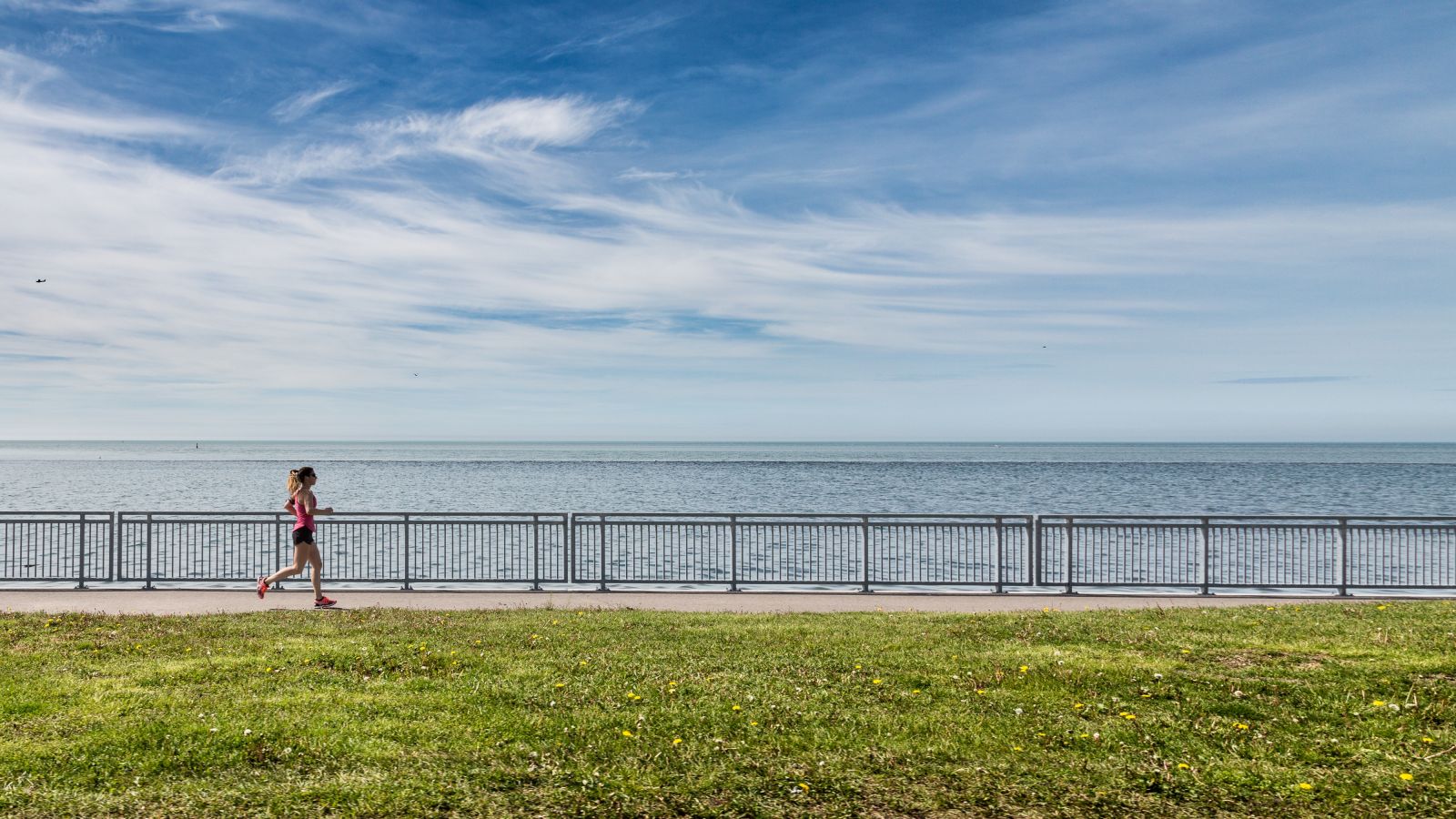Aging: Challenges of a new reality

The aging population poses significant economic consequences and places the human and social dimensions of an aging society face serious challenges. That is why, one of the most significant problems in the scientific community that dedicated to the study of aging, is to ensure that aging and its impact on the priority agenda of public policies with particular lines of action to be included.
Finding ways to meet the demands of the elderly, expand the supply of those institutions that can provide more and better care for the population, involving family and society, offering caregivers, home care, and long-term care are just some of the ideas suggested by some of the experts in this field.
The president of the International Center Longevidade Brazil (ILC), the geriatrician Alexandre Kalache, increasing the life expectancy of the population and, consequently, increasing the population considered "major" brings important challenges for society. "Life expectancy at birth does not increase only. People who are 60 years will also continue to live more, and that requires more appropriate public policies".
Today, the scientific community, the definition that the old man is a person of 60 years or more, is obsolete. According to demand, it is necessary to give a return to this classification, because it does not matter if the person is 60 years or more, the important thing is that it is a vital stage that will last many years and in a physical and mental conditions that allow it to assume roles and activities virtually identical to other age groups.
But according to these same experts, to maintain the social rights of the elderly should be expanded media and public investment, rethinking almost necessarily the current social system with a very different demographics.
For specializing in the study of the aging community, it is necessary both to promote research and encourage innovation and medicine to find effective responses. "We get 50% of developing this type of medicine in the next 20 years, but funding will take over 100 years," explained Aubrey de Grey last November in Salamanca.
Early healthy lifestyles

There is evidence that keeps unhealthy lifestyle has serious long-term consequences. These include diabetes, osteoporosis, heart disease, etc. All this could be delayed and mitigated through good eating habits, exercise, and early medical advice.
"It Pamper yourself, eat right and exercise" is the formula given by the renowned biochemist Spanish, Juan Carlos Izpisúa Belmonte for aging well. Is perhaps why so many campaigns were annually trying to promote actions among young people and promote active aging, as well as initiatives that are committed to healthy living habits, are released.
Health policies
Meanwhile, many professionals in the health sector appeal for systems that should focus on the ever-increasing demand for infrastructure for the elderly. According to the voices of the sector, lack of specialized training in geriatrics in hospitals is a clear sign that the "problem" of aging still not being treated as it should.
Awareness and actions
However, since the scientific community warn that we should not focus solely on academics and elite fields. It also looks at the development of new ways of thinking and new priorities. The opinion of several research institutions is that you also need to become more involved socially since aging is something that affects everyone equally. "Increasingly young people are aware of the problem of aging but rely too much on others to SOLVE before they reach them," claimed Dr. Gray.
Community advocates a program designed to raise awareness of the challenges of aging, helping to develop individual solutions and suitable family, as well as public policy.
The next ten years will be critical to the process of population aging. Rather than a threat, aging should be seen as an opportunity for everyone and not take advantage of it would be a mistake.






